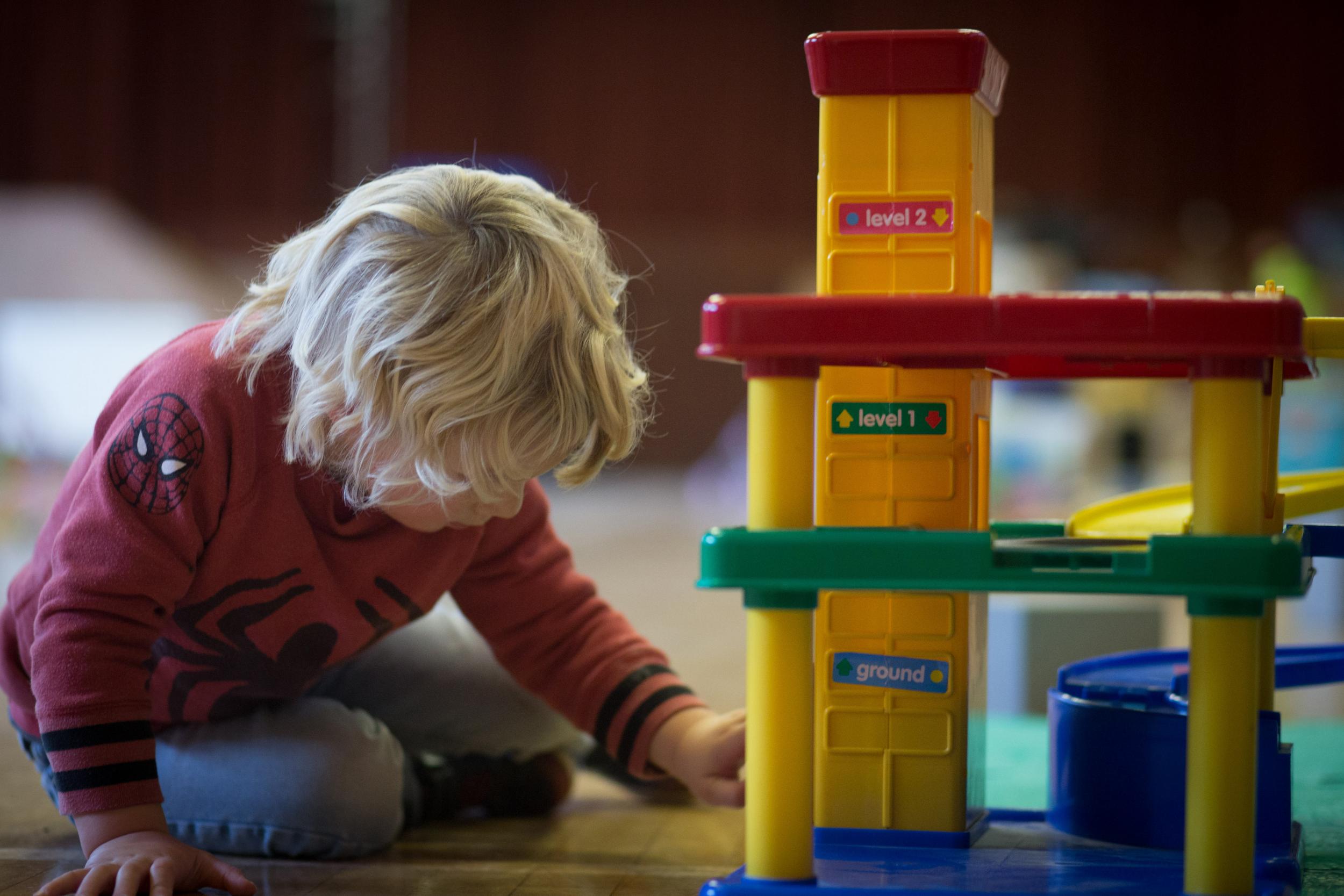Contraceptive scheme for vulnerable women receives £6.8m Government boost
The programme aims to reduce the number of children being taken into care by preventing repeat pregnancies

Your support helps us to tell the story
From reproductive rights to climate change to Big Tech, The Independent is on the ground when the story is developing. Whether it's investigating the financials of Elon Musk's pro-Trump PAC or producing our latest documentary, 'The A Word', which shines a light on the American women fighting for reproductive rights, we know how important it is to parse out the facts from the messaging.
At such a critical moment in US history, we need reporters on the ground. Your donation allows us to keep sending journalists to speak to both sides of the story.
The Independent is trusted by Americans across the entire political spectrum. And unlike many other quality news outlets, we choose not to lock Americans out of our reporting and analysis with paywalls. We believe quality journalism should be available to everyone, paid for by those who can afford it.
Your support makes all the difference.A scheme which gives vulnerable women access to long-term contraception to reduce the number of children taken into care has been given a £6.8 million boost in Government funding.
The Pause programme works with women at risk of repeated pregnancies, aiming to prevent children being taken into care and reduce pressure on an already overburdened system.
In 2015, 13,000 applications were made for children to be taken into care, with some estimates suggesting the number of women who return with subsequent children after a first child is removed being as many as 29%.
Women who sign up to the programme receive support from the charity who encourage them to use a long-acting reversible contraceptive (LARC) method such as the implant or the coil.
Sophie Humphreys, chief executive and founder of Pause, said women can be referred by social services, child services, police, midwifery services and even friends who believe a woman might benefit.
“The programme often starts with really practical things looking at a woman's basic needs like putting a roof over their head or going to the dentist for the first time in their life,” Ms Humphreys told The Independent.
"The support is really intense, we have practitioners who really get to be the guiding hand of these women, they look at their physical health, mental health, their education, aspiration, understanding their relationships,their addictions - so the women slowly learn to navigate the world in a different way which has much more positive results from them."
She believes many women trapped in a traumatising cycle of children repeatedly being taken into care are trying to fill a gap in their lives which they believe a baby could fill.
"There is this desperate need to fulfil love, to feel love, to be able to love, and everytime a child is removed there's a literal gap that is left. But a baby also represents hope that it will bring about change, that it will help them stabilise issues at home or in a relationship," she told The Independent.
"What we try to do is recognise there is a huge gap and that there's a huge amount of trauma, but actually creating a space and putting something in there can help them realise there are other things that space can be filled with."
The pilot scheme will also implement preventative measures for care leavers aged 18 to 25, a quarter of whom become mothers within two years of leaving the system.
Natasha Finlayson, chief executive at Who Cares Trust, said the scheme will have a significant impact on the number of children taken into care.
“We're delighted the Government's innovation programme has invested in the programme, the evidence so far has shown it is extremely successful in terms of reducing multiple children being taken into care,” she told The Independent.
“We are particularly focused on the impact it will have for young female care leavers, a disproportionately high number of whom become mothers very quickly after leaving care due to that psychological need of being needed and transgenerational patterns repeating themselves.”
However, some have raised the question about whether it is ethical to encourage women to avoid pregnancy.
Ms Humphreys said ethical concerns should always be raised and a woman's choice should be at the heart of any such campaign.
"This is a voluntary programme and it has to be about the woman making that choice themselves, but it is also about normalising what you do between pregnancies - if every pregnancy ends in a child being taken into care that has an enormously traumatising effect on a woman," she told The Independent.
"Nothing about that feels ethically right or about a woman having control - this is about a woman taking the opportunity to take back control."
Join our commenting forum
Join thought-provoking conversations, follow other Independent readers and see their replies
Comments